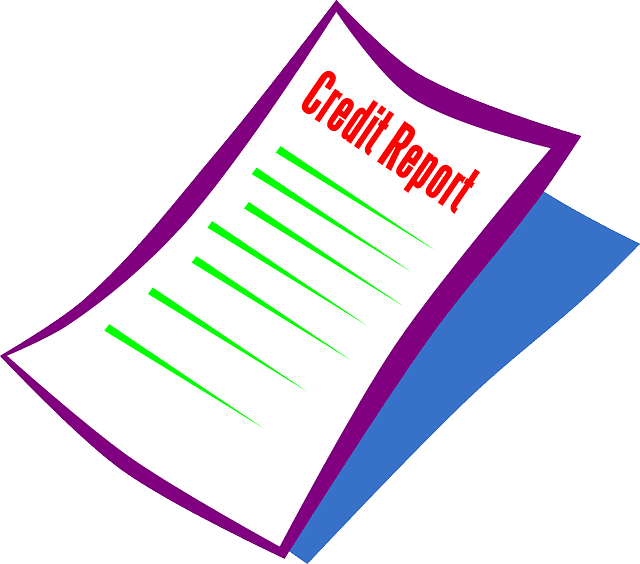
• Taxes paid to state and local governments. You can write off real estate taxes that go to support local and state government. You can either deduct the local and state taxes or sales taxes, but not both. In the most recent figures the IRS has released, 44.2 million Americans took the state and local tax deduction, with an average of $12,514 per return. Things have changed for those filing returns for 2017. Under new federal guidelines, there is a limit of $10,000 for state and local taxes.
• Mortgage and investment interest. In the past, filers could claim interest for personal debt, but that is not an option any more. The exception is mortgage debt and you also can take an itemized deduction for interest related to investments. Tax reform also has reduced the amount of mortgage interest allowable from $1 million down to $750,000. Mortgage interest represents some 95 percent of the deductions claimed by taxpayers. That includes standard interest, mortgage points and mortgage insurance premiums. Home equity loan interest no longer fits into the deductibles list.
• Gifts to charity. This popular tax break underwent a lot of debate during the restructuring of the national tax laws. But the amount of charitable gifts ($222 billion, usually in cash or checks) and the popularity of the deduction saved it. On average, the typical taxpayer deducted more than 6,000 in charitable gifts in the form of cash/checks or donated vehicles, clothing or stock, for the last year that the IRS reported.



